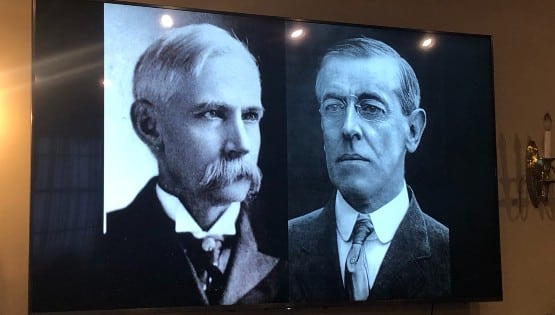
Congressman Ben Cline (R-VA), Jerry Nadler (D-NY), Henry C. “Hank” Johnson Jr. (D-GA) and Darrell Issa (R-CA) have introduced the Stopping Harmful Offers on Platforms by Screening Against Fakes in E-Commerce (SHOP SAFE) Act to stop the online sale of dangerous counterfeits.
According to the U.S. Census Bureau, Americans spent $791.7 billion on e-commerce in 2020, up more than 30 percent from 2019. As more consumers opt to shop online, they are increasingly vulnerable to the rising number of counterfeit goods sold on e-commerce platforms. The COVID-19 pandemic has also exacerbated this potential harm as the amount of time consumers spend online and the types of high-risk counterfeits available on these platforms have risen.
The SHOP SAFE Act reduces the availability of harmful counterfeit products online by incentivizing platforms to engage in best practices for vetting sellers and goods, addressing repeat counterfeiter sellers, and ensuring consumers have access to relevant information at the time of purchase. By reducing the number of counterfeits in the market, this legislation also protects the integrity and authenticity of the products.
“As online retailers continue to grow and increasingly work with unverified third-party vendors, Congress must take steps to protect American consumers from both physical and financial harm, as well as protect the integrity and authenticity of the products,” Cline said. “The SHOP SAFE Act will help ensure consumers get the product they paid for by curbing the flow of counterfeit goods, many of which come from China. It would also aid in dismantling revenue sources for terror organizations who rely in-part on the sale of fake goods to fund their operations.”
The SHOP SAFE Act would:
- Establish trademark liability for companies who sell counterfeits that pose a risk to consumer health and safety.
- Require online platforms to establish best practices to vet sellers to ensure their legitimacy, remove counterfeit listings, and remove sellers who repeatedly sell counterfeits.
- Call for online marketplaces to take steps necessary to prevent the continued sale of counterfeits by the third-party seller or face contributory liability for their actions.
Background on counterfeits:
- Courts currently will not hold the online seller responsible for selling counterfeits to consumers regardless of the fact that the seller is responsible for every step in the transaction.
- Many counterfeits do not undergo safety testing and pose a substantial health and safety risk for consumers and pose a financial risk for companies. Products like cosmetics, baby formula, batteries, chargers, air bags, car seats, and brakes are a few of the potentially life-threatening counterfeits currently sold online.
- The Government Accountability Office (GAO) found that 20 of 47 items purchased from third party sellers on popular consumer websites were counterfeit.
Text of the bill can be found here.










